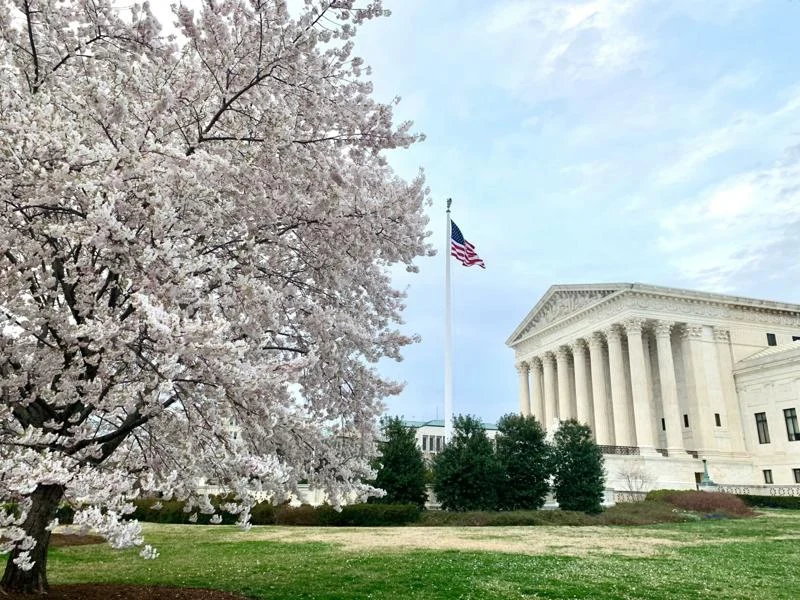The U.S. Supreme Court will decide a case that seeks to remove a cap on how much political parties can spend on candidates.
National Republican Senatorial Committee v. Federal Election Commission centers around a 2001 court decision that restricted political parties from funding campaign advertising with input from political candidates.
Then-Sen. J.D. Vance, R-Ohio, and former Rep. Steve Chabot, R-Ohio, said the Supreme Court’s earlier decision violates the First Amendment
“Coordinated party expenditure limits run afoul of modern campaign-finance doctrine and burden parties’ and candidates’ core political rights,” a letter to the high court reads.
The Federal Elections Commission reports Congressional candidates across the aisle in both the U.S. House of Representatives and the Senate spent more than $3 billion on election campaigns between Jan. 1, 2023 and Dec. 31, 2024.
“That constitutional violation has harmed our political system by leading donors to send their funds elsewhere, fueling ‘the rise of narrowly focused super PACs’ and an attendant ‘fall of political parties power in the political marketplace, which has contributed to a spike in political polarization and fragmentation across the board,” the letter reads.
The Federal Election Campaign Act limits contributions to individual candidates each year. For fiscal year 2025-2026 the state and local political parties could only spend $10,000 on an individual candidate.
The letter referenced a campaign in Pennsylvania where a state political party spent less than $1.3 million on a Senate candidate to one in California where the party spent $3.8 million.
“That framework makes no sense if Congress thought that coordinated party expenditures above a certain threshold posed a risk of bribery; no one seriously thinks the purity of politicians tracks state lines,” the letter reads.
A judge in the sixth circuit court of appeals recognized that Vance and Chabot identified “several several ways in which tension has emerged between” the court’s 2001 ruling and more recent rulings on campaign finance law.
The Supreme Court will likely argue the case in the fall, with an anticipated decision in early 2026.






